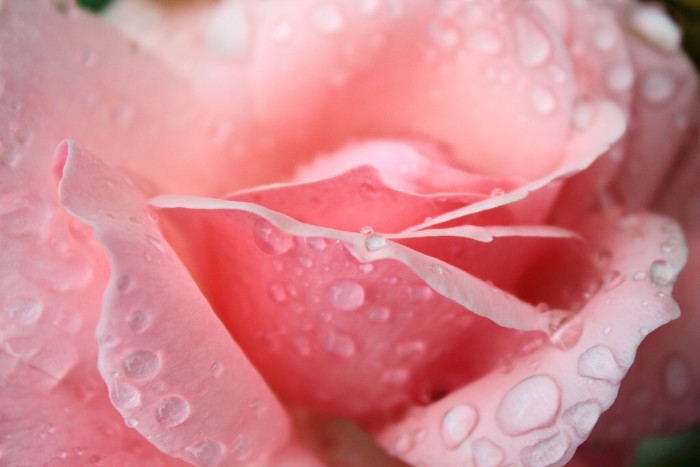Language is often metaphorical. To understand what another individual means to say it is therefore often necessary to be able to see from another’s perspective. This requires empathy and fantasy. In the wounderful documentary, The Botany of Desire, from 2009, we get a good example of what it may mean to see from the perspective of a plant.
http://youtu.be/wjizZx3jSbo
They are four of the most ordinary plants. We’ve always had this idea that we are in charge, but what if, in fact, they have been modeling us? We don’t give enough recognition to plants. They have been laboring on us, and they’ve been utilizing us for their own goals. There are four plants that have walked the road to accomplishment by fulfilling human ambitions. The tulip, by satisfying our longing for a certain kind of attractiveness, has gotten us to take it from its basis in Central Asia and distribute it around the world.
Marijuana, by satisfying our ambition to change awareness, has gotten us to risk our lives and freedom, in order to produce more of it. The potato, by fulfilling our desire for mastery, the control over surrounding, so that we can nourish ourselves has gotten itself out of South America and extended its range far beyond where it was long time ago. And the apple, by satisfying our appetite for sweetness, begins in the woods of Kazakhstan and is now the worldwide fruit. These are great champions in the game of domestication.
The bee believes it’s getting the best of the deal with the blooming apple. It’s getting in, it’s taking the nectar and has no sense that it’s picked up the pollen and is transferring it to another location. For the bee to assume that it’s in charge of this friendship is really just a lack of success of bee’s insight. We have the same failure of imagination. We are too working for the potatoes in some sense. We are planting them, we are giving them a habitat, and in the same time we think we’re calling the shots.
Wouldn’t it be appealing to look at our connection to domesticated plants from the plants’ perspective? Of course, plants don’t have awareness or goals, but by using our consciousness we can put ourselves in their roots to see things from their angle. When we do that, nature unexpectedly looks very different. We become aware that we’re in the nature’s web, not outside of it. These plants are reflectors in which we can see ourselves in a different way.
